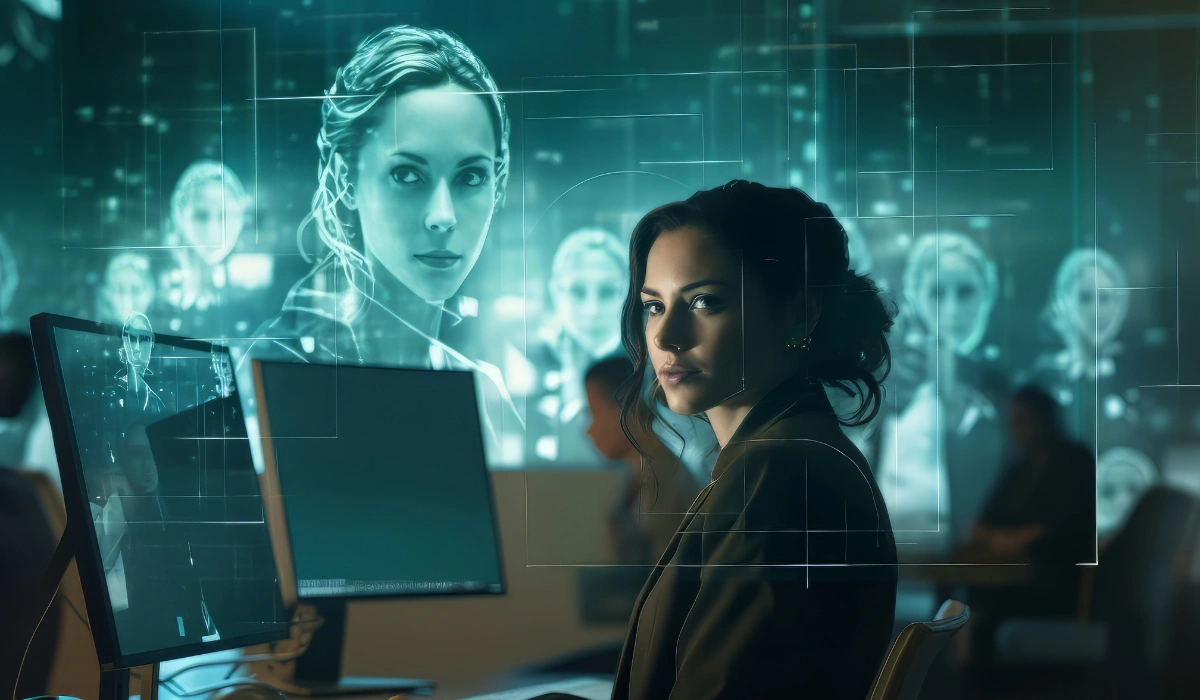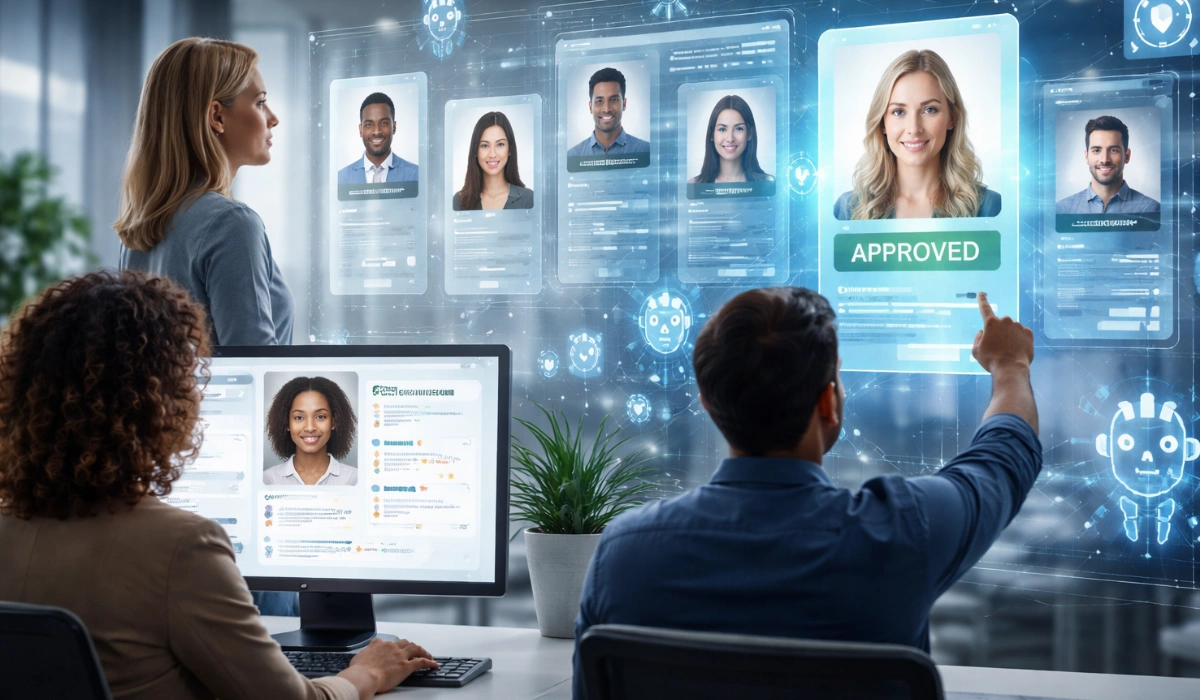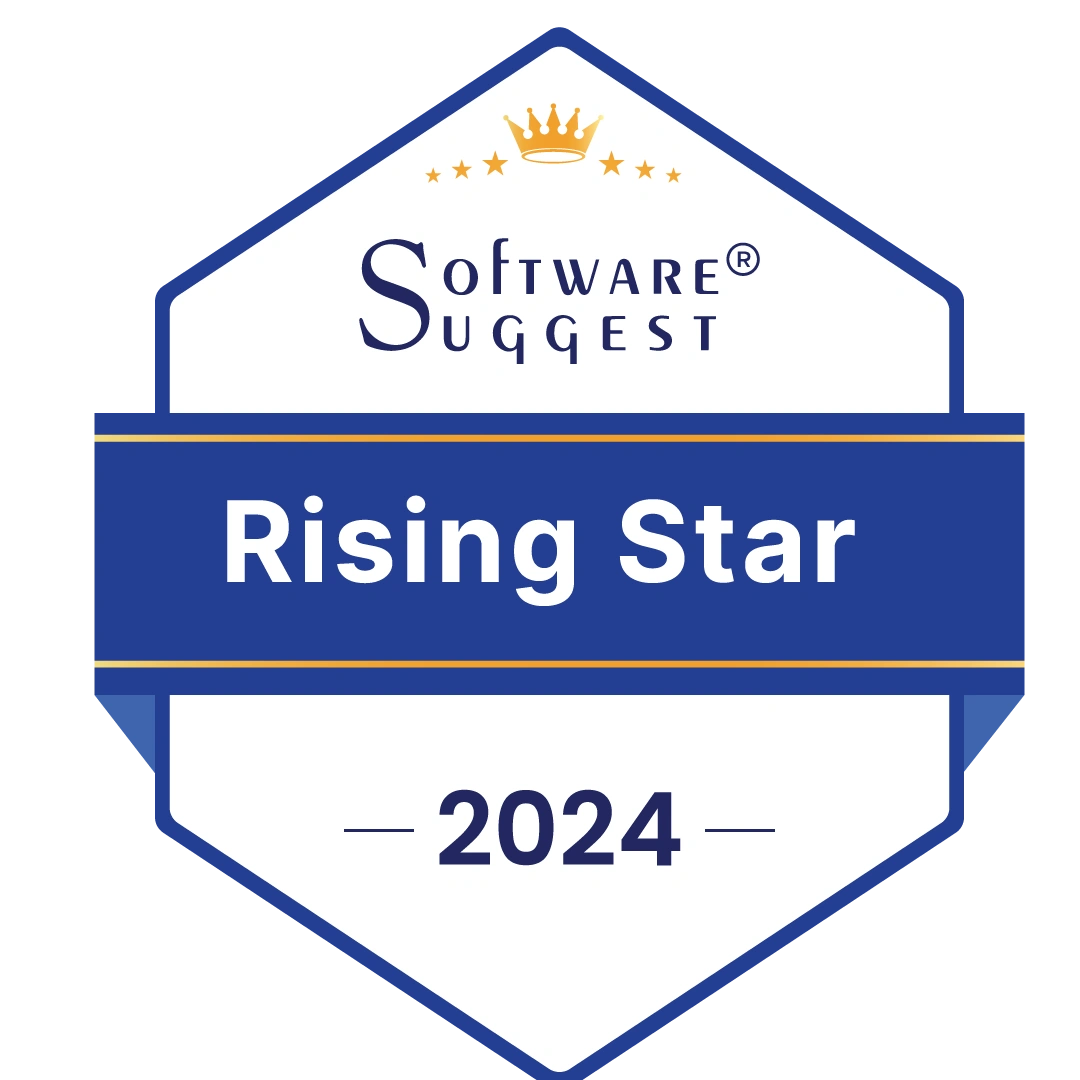
How AI Agents Are Revolutionizing one-way Video Interviews
Oct 28, 2025 |
Hiring has transformed dramatically in recent years. With remote work becoming the norm and virtual interviews taking centre stage, digital hiring is now an essential part of modern recruitment.
Among these innovations, one-way video interviews have stood out as a reliable, time-saving, and candidate-friendly approach. They give recruiters the flexibility to review responses on their own schedule and offer candidates the comfort of recording in their own time, no back-and-forth scheduling, no time zone headaches.
At the same time, the rise of AI Agents in One-Way Video Interviews is sparking plenty of discussion. As automation and AI tools become more accessible, many recruiters are curious about how they might enhance existing processes without replacing the human touch that hiring truly depends on.
So that raises an interesting question: How can AI agents fit into the growing digital hiring landscape?
TL;DR
- One-way video interviews have become a key part of modern hiring; they save time, ensure fairness, and offer flexibility for both recruiters and candidates.
- AI agents are emerging as supportive tools that can automate tasks like scheduling, response analysis, and generating summaries.
- The aim of AI in recruitment is to enhance human decision-making, not replace it.
- Ethical and transparent use of technology remains essential to maintain fairness and trust in hiring.
- Platforms like ScreeningHive focus on keeping one-way video interviews structured and human-led while staying open to future AI innovations.
- The future of hiring lies in collaborative AI assisting, humans deciding.
Understanding AI Agents in Recruitment: What Are They Really?
When we talk about AI agents, we’re referring to intelligent digital assistants capable of performing specific recruitment tasks such as screening applications, scheduling interviews, or analysing candidate responses. Unlike traditional automation tools, AI agents can learn, adapt, and interact contextually, making them more dynamic and efficient.
However, it’s important to separate hype from practical value. The goal of AI in recruitment isn’t to replace human judgment but to enhance it. Recruiters remain the decision-makers; AI simply provides data-driven insights that make those decisions faster and more consistent.
Some real-world examples include:
- AI-driven candidate matching that identifies top profiles based on skill and context rather than keywords.
- Chatbots that handle initial engagement or pre-screening questions.
- Smart schedulers that coordinate interview times automatically.
Together, these tools illustrate how AI agents in one-way video interviews could make processes more efficient not by removing the human touch but by refining where that touch is most valuable.
One-Way Video Interviews: The Human-Centered Innovation
Before we imagine what’s next, it’s worth celebrating how far one-way video interviews have already come.
Platforms like ScreeningHive have made it easy for recruiters to design structured, fair, and flexible interview experiences. Recruiters create the questions, candidates record their responses, and hiring teams can review them anytime, from anywhere.
It’s efficient, consistent, and most importantly, still human-driven. Recruiters make every decision, ensuring that technology only supports, not controls, the process.
Some key advantages of one-way video interviews include:
- Saving time: No need to coordinate schedules or hold multiple rounds of initial interviews.
- Creating fairness: Every candidate answers the same set of questions, ensuring equal opportunity.
- Reducing bias: Structured video responses focus on skills and communication, not background or accent.
This approach keeps the interview process human at its core, technology simply makes it smoother and more accessible.
AI + One-Way Video in Action: What It Looks Like in Practice
As hiring technology evolves, AI agents could bring new layers of efficiency and insight to one-way video interviews. Here’s what this combination could look like in real-world use.
1) AI-Assisted Scheduling
AI could automatically schedule interviews, finding the best time for both recruiters and candidates. It could even handle reminders and rescheduling, cutting down hours of admin work.
2) AI-Powered Insights
After a candidate records their responses, AI might analyse speech patterns, tone, or frequently used keywords. It could flag potential strengths or areas to explore further not to judge, but to give recruiters a richer context.
3) Automated Summaries
Instead of watching every video from start to finish, recruiters could receive AI-generated summaries that highlight key themes and responses. It’s a time-saver that helps recruiters prioritise candidates more effectively.
4) Data-Driven Dashboards
AI might one day provide dashboards showing response patterns, engagement levels, and communication clarity, helping recruiters make data-backed, fairer decisions.
All of this shows the potential for AI agents in one-way video interviews to streamline workflows without removing the human perspective. Recruiters remain responsible for interpreting insights, evaluating context, and making final hiring decisions. AI’s role is to support, not substitute, human expertise.
Balancing Innovation with Ethics and Empathy
As recruitment technology evolves, so does the responsibility to use it ethically. Discussions around fairness, transparency, and bias are central to how AI and automation should be applied in hiring.
AI, if left unchecked, can inadvertently reinforce existing biases based on how models are trained. That’s why human oversight is irreplaceable. Recruiters bring empathy, intuition, and cultural awareness, things algorithms can’t replicate.
At ScreeningHive, the focus remains on keeping interviews transparent, structured, and candidate-friendly. Even without AI integrations, the platform ensures fairness by providing consistent questioning and equal opportunities for every participant.
The Real Future of One-Way Video Interviews
Looking ahead, the most likely future isn’t “AI replacing recruiters” but AI partnering with recruiters. This collaboration allows technology to handle the repetitive and analytical tasks while humans lead with insight, empathy, and intuition.
As tools evolve, we may see AI offering deeper analytics, identifying behavioural trends, predicting candidate success, or suggesting next steps based on response quality. Yet even then, the defining element of one-way video interviews will remain human connection: the ability to see and understand candidates beyond what’s written on a CV.
Platforms that continue to evolve responsibly will focus on augmenting human expertise, not replacing it, ensuring technology adds clarity, not complexity, to the hiring process.
Conclusion
So, are AI agents the future of one-way video interviews? The answer lies somewhere in between. They’re not the whole story, but they are becoming an important chapter.
AI has the potential to make hiring faster, more data-driven, and more consistent. But human qualities, understanding, fairness, and intuition remain irreplaceable. The strongest hiring systems of the future will combine both: human recruiters empowered by intelligent tools.
At ScreeningHive, this philosophy already takes shape, focusing on structured, transparent one-way video interviews that empower recruiters to hire confidently today while staying adaptable to tomorrow’s innovations. As technology advances, the mission remains clear: keep hiring humans, but make it smarter.
Frequently Asked Questions (FAQs)
1. What are AI agents in one-way video interviews?
AI agents are smart virtual assistants that help recruiters manage tasks like screening candidates, scheduling interviews, or analysing responses. They make the one-way video interview process faster and smoother but humans still make the final call.
2. What are the benefits of one-way video interviews without AI?
Even without AI, one-way video interviews offer huge advantages. They let candidates record answers on their own time, help recruiters review responses flexibly, and ensure a fair, structured process for everyone.
3. How will AI shape the future of one-way video interviews?
AI will make one-way video interviews smarter and more data-driven, but recruiters will remain in control. The future is about collaboration between humans and AI working together for better hiring outcomes.
4. Are one-way video interviews effective for remote hiring?
Absolutely. They’re one of the easiest ways to connect with remote candidates. Recruiters can review responses anytime, and candidates can record at their convenience, making hiring faster and more flexible.
5. Is ScreeningHive suitable for teams that want to explore AI in hiring later?
Yes. ScreeningHive offers a strong foundation for structured video interviewing today, while staying adaptable for future AI integrations. It’s a reliable platform for teams who want to grow with technology at their own pace.













